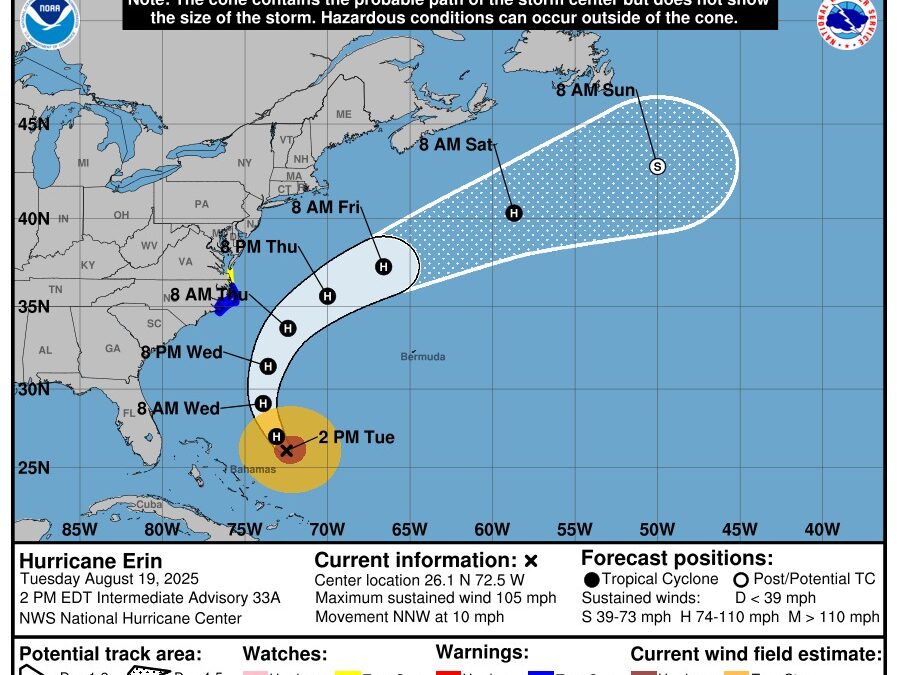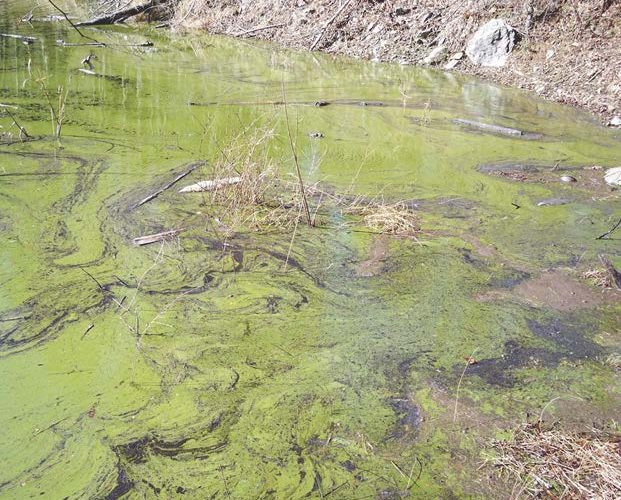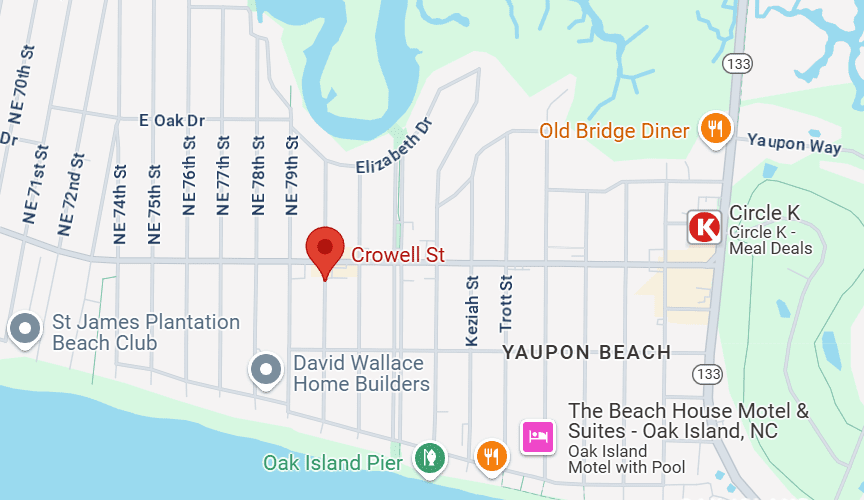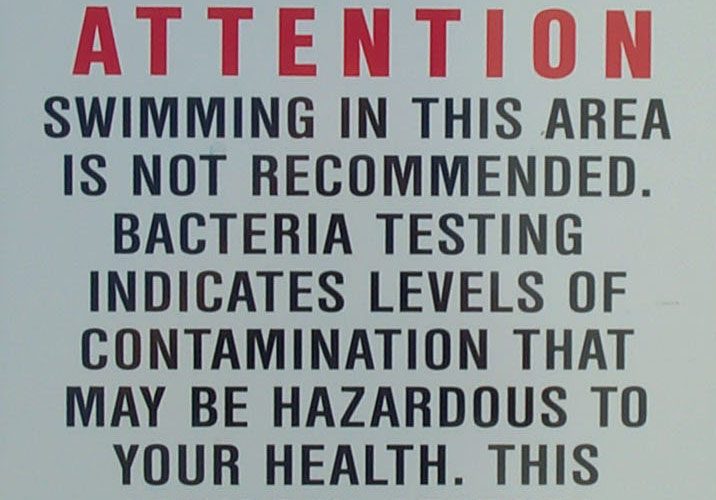The center of Hurricane Erin is expected to remain offshore, but forecasters expect eastern North Carolina to see coastal flooding, tropical-storm-force winds, overwash and beach erosion.
public health
More than $240M awarded for water, wastewater upgrades
Drinking water and wastewater infrastructure improvement projects in a handful of coastal counties are among 48 projects selected to receive funding grants.
PACT Act ignores TCE, PCE contamination on military bases
Guest commentary: With more than 620,000 veterans living in North Carolina, many likely exposed to recently banned compounds trichloroethylene and perchloroethylene while working for the military, updating the toxic agents list is essential for equal access to benefits.
Unhealthy heat levels forecast for coastal counties this week
Residents should take precautions to avoid heat-related illnesses in all 20 coastal counties in the coming days.
Coastal counties should expect unhealthy heat
State officials are advising residents to take precautions to avoid heat-related illnesses in the coastal counties where the heat is expected to reach unhealthy levels.
North Carolina braces for ‘another summer of record heat’
As North Carolina readies for another extremely hot summer, Gov. Josh Stein’s office warns that federal cuts could affect the state’s heat-related programs.
Officials urge ‘When in doubt, stay out’ of discolored water
The public is reminded to avoid contact with discolored water as it may indicate the presence of an algal bloom.
Oak Island beachgoers warned to avoid an area of ocean surf
State recreation water quality officials are advising beachgoers in Oak Island to stay away from an area of ocean surf where town officials have been pumping floodwaters caused by recent rainfall.
State issues swim advisories for waters in 2 coastal counties
Swimmers should avoid entering waters within 200 feet of posted advisories at soundside beaches in Beaufort and New Hanover counties, where waters tested for elevated bacteria levels.
Proposed state rules on discharges defanged as EPA retreats
The Environmental Protection Agency’s announcement this week that it will rescind and reexamine four expected PFAS rules follows a state Environmental Management Commission committee’s opaque decision stalling proposed surface water rules on three compounds.
NC BREATHE in-person conference registration now open
Early bird registration is open now for the in-person conference focused on community health and resilience is taking place in Charlotte Oct. 8-9.
Draft state rules for 1,4-dioxane, PFAS dischargers delayed
State staff need more time before presenting draft monitoring requirements for dischargers of PFAS and 1,4-dioxane for the Environmental Management Commission to consider.
Heat relief fan program for those eligible to begin May 1
Residents 60 and older and adults living with disabilities are eligible for fans through the Operation Fan Heat Relief program taking place May 1 to Oct. 31.
Groups move for disclosure of Chemours’ sealed documents
The advocacy organizations’ motion against the chemical company argues that unsealing the 21,000 pages of documents “will help communities understand the harm the facility has caused, and will continue to cause, to their own health, their property values, and even the lives of future generations.”
Raccoon tests positive for rabies: Brunswick County officials
Brunswick County Health Services officials say a raccoon that attacked a person in the Longwood area has tested positive for rabies.
ECU educator, coastal advocate Dr. Don Ensley died Friday
East Carolina University public health educator and longtime environmental advocate Dr. Donald E. Ensley of Greenville died Friday, March 28, 2025.
















